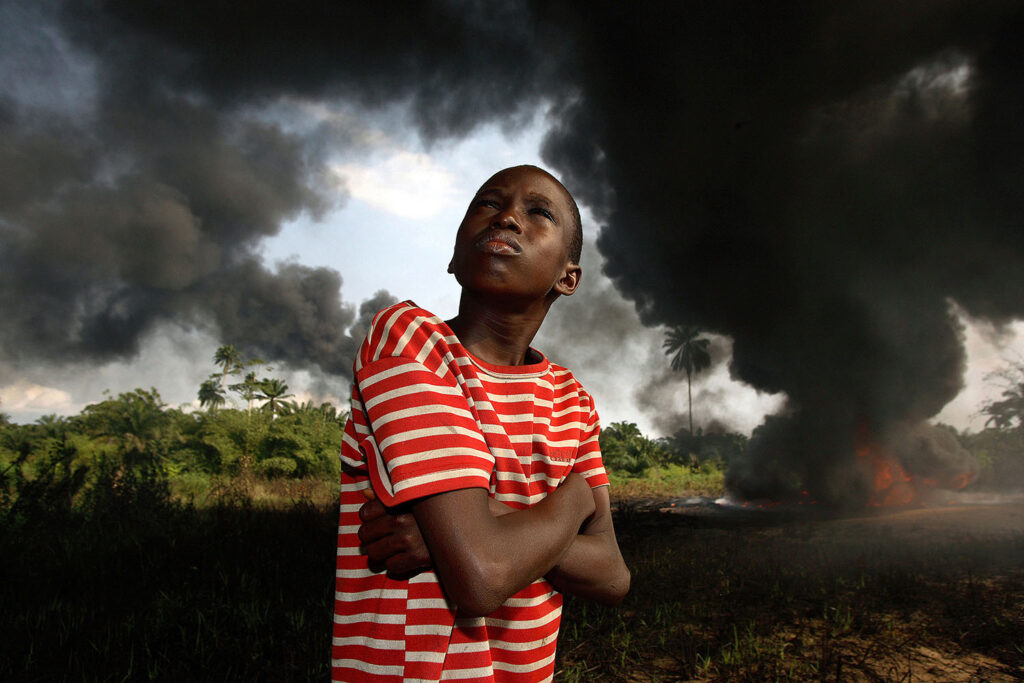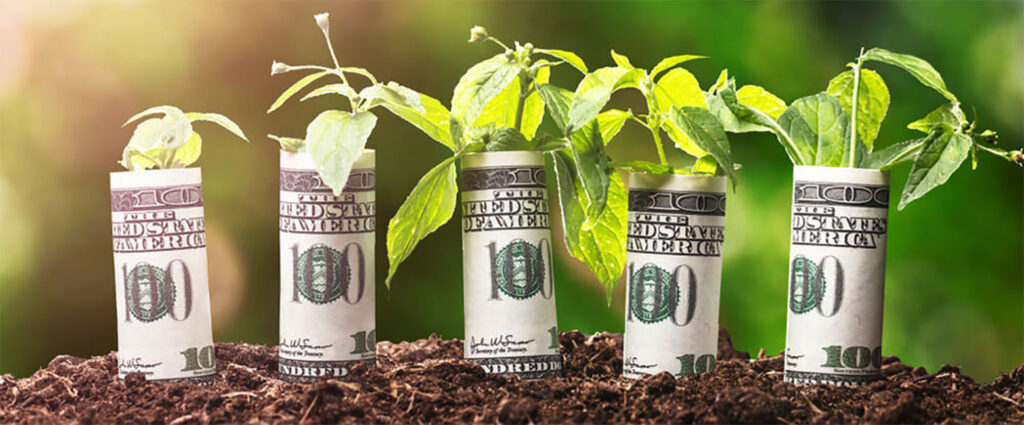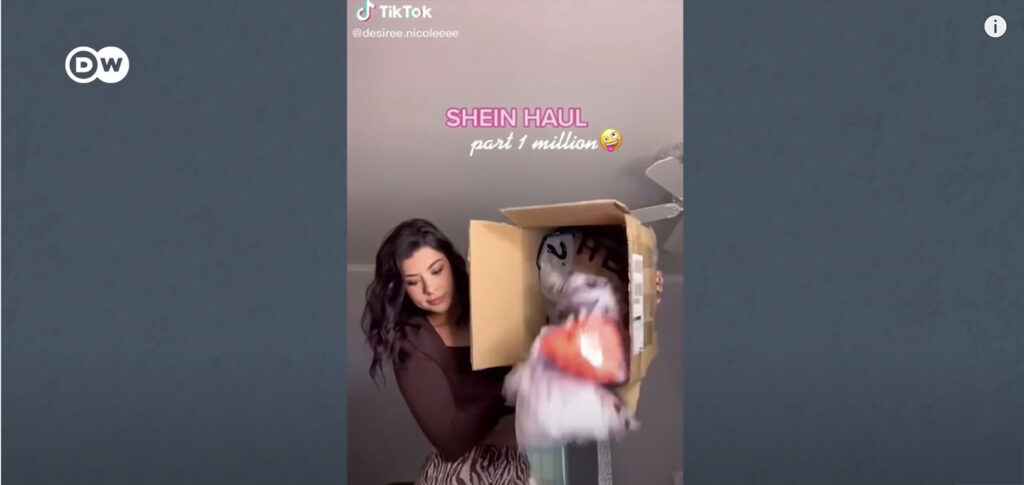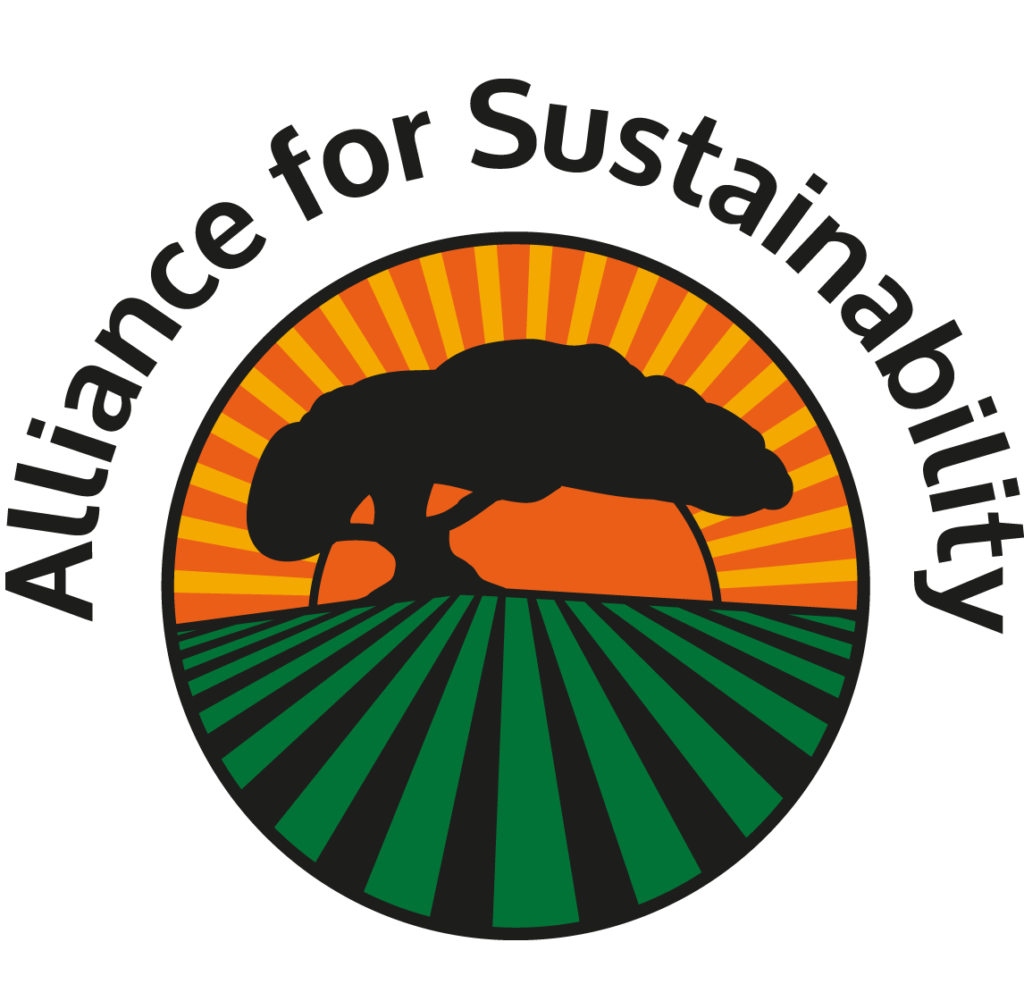
Art of the Week
Ogony Boy by Nigerian photographer George Osodi
Osodi is a strong believer in the camera’s ability to incite change. His Oil Rich Niger Delta (2003–2007) series is an artistic photographic reportage of the environmental, economic, and social impacts of oil in the Niger Delta region.
“I want to put a human face on this paradise lost, in order to provoke a feeling and trigger a deep sense of change within the observer,” says Osodi.
Included as part of the wonderful United Nations exhibition Re-Connections: In Kinship With Nature
Take Action: Help pressure companies to take climate action
There’s something BIG you can do to change corporate climate behavior.
Support the first-ever proposed US Securities Exchange Commission rule requiring companies to disclose their greenhouse gas emissions and risks in their regulatory filings and financial statements.
Investors could better direct their capital and companies would be incentivized to shift their practices to get funding.
Sustainability Facts: Beef contributes to 40% of agriculture greenhouse gases
“About 40 percent of greenhouse gases come from agriculture, deforestation and other land-use changes. Meat—particularly beef—drives climate change in two ways: first, through cows’ emission of methane, a potent greenhouse gas, and second, by destroying forests as they are converted to grazing land,” according to Scientific American.
What to Watch: SHEIN, the growing king of problematic ultra-fast fashion
If you’re concerned about people and our planet you should know about Chinese-based, super popular, rapidly-growing ultra-fast fashion company, SHEIN.
It is adding thousands of new items every day with pricing up to half as cheap as other fast fashion giants, according to DW Planet A.
SHEIN doesn’t advertise at all, but uses word of mouth through social media, especially Instagram and TikTok. SHEIN sends influencers giant boxes of clothes and do irresistible unboxing videos of “the haul” for their millions of followers.
“There is no magic. The only way that you get very cheap product is by not paying workers and flouting any environmental standards,” says go-to fashion expert Maxine Bedat. “It’s a very tall order to ask young people to do the right thing when the messaging is so intense to do something different.”
Calendar
Highlights
– What to Watch: SHEIN, the growing king of problematic ultra-fast fashion
– Inspiration: What to do when climate change feels unstoppable
– Sustainability Fact: Beef contributes to 40% of ag greenhouse gases
– Take Action: Help pressure companies to take climate action
– Food for Thought: Does switching from fossil fuels to renewables create new dependencies?
– Sustainability Tip: 2 great eco-food blogs and use all your produce
At the Alliance
America is in great pain right now, from skyrocketing food and gas prices and threats to basic reproductive, LGBTQ and voting rights to a feeling of powerless from climate-related disasters and Putin’s unstoppable crimes against humanity, plus more than a million US Covid deaths and the May 25 anniversary of the murder of George Floyd and so many other Black men and boys. That’s a lot of trauma amidst Mental Health Awareness Month.
As we discussed in our Alliance staff meeting, the pain even extends to such a positive event as Mother’s Day. Most people may not realize the anguished and heart-breaking levels of meaning the holiday brings for so many, as we discovered from the perspectives of a childhood abuse survivor, adoptee, foster child and Trans parent. And these feelings have been dramatically heightened by the likely loss of basic protections from Roe v. Wade.
And there are other lesser known but equally devastating traumas, as highlighted in 6 Causes of Childhood Trauma That Our Society Doesn’t Fully Recognize by Patrícia Williams.
At the Alliance we believe it’s essential to feel these feelings and support each other in healing from them. We also know that one of the best antidotes is to take action. One thing we can do is to celebrate National Decency Day May 14. We can also vote and send a message to our US Representative and Senators and urge them to pass the Women’s Health Protection Act, which would stop the Supreme Court’s actions against Roe v. Wade and make it a national law.
And you can also make a difference by helping the Alliance address these issues through a tax-deductible donation in support of our groundbreaking SHE Kindness Campaign School Program for sustainability, health, equity and kindness with students in 20 middle and high schools, 10 of which are in under-served communities.
Inspiration: What to do when climate change feels unstoppable
Australian Gen Zer and activist Clover Hogan watched in horror as 1 billion animals were incinerated during the bushfires in 2019. In her uplifting TED Talk, she speaks to other young adults who have been told they are “the last generation with a chance to save the fate of humanity.”
The weight of saving humanity from a dying world is prompting a mental health crisis–a recent study showed that 70% of 18- to 24-year-olds in the UK were feeling eco-anxiety–feelings of helplessness, grief, panic, insomnia, guilt, and existential dread–and Hogan believes those feelings are global.
These feelings need to be acknowledged, but to regain our power we need to shift mindsets. Which story gets in the way of you taking action? Think of one thing you can do to challenge that story. If your story is that the system is too broken, the problem is too big to fix, visualize one change you can make.
Food for Thought: Does switching from fossil fuels to renewables create new dependencies?
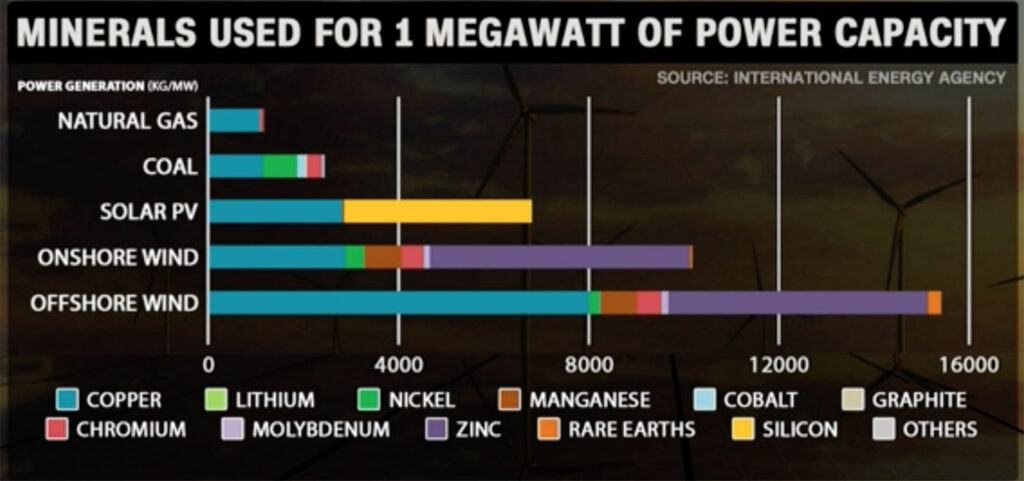
The world must transition from fossil fuels to renewable energy, but there’s a catch — solar and wind require much more minerals and rare earth elements to implement, and those materials are found in places that are just as problematic as oil-producing nations.
“The US and other Western national face the risk that they will merely replace their one-time dependence on foreign oil and gas sources with a new dependence on China [and other countries] for the critical materials needed to produce electric vehicles and other renewable energy technologies,” according to the Wall Street Journal.
70% of the world’s cobalt is mined in the war-torn Democratic Republic of Congo; China extracts a majority of the world’s graphite and rare earth elements, and has bought up supplies and dominates the processing of many other needed minerals.
Many progressives have legitimate issues with extractive mining, but such mining is an undeniable key to transitioning to renewables, Fareed Zakaria reminds us.
Sustainability Tip: 2 great eco-food blogs and use all your produce
As Washington Post’s “sustainable chef” Priyanka Naik says, “Why buy broccoli by the pound and then throw out half of what you paid for, i.e., the stalk. Many times the parts of the produce that we discard are just as nutritious ― banana peels contain an additional 78 mgs of potassium.” If produce is organic and washed, she feels most everything can be eaten and go inside your body instead of the landfill. She suggests making banana peel “pulled pork” sandwiches; whole banana bread or beet tops pesto.
Employing climate-conscious habits in your kitchen and embracing a more plant-centered diet are powerful and personal actions to slow climate change. To learn how, try the Washington Post’s 2 fun free newsletters:
Ecokitchen with tips for sustainability in the kitchen (like the tip above)
Voraciously’s Plant Powered for meat-free recipes

